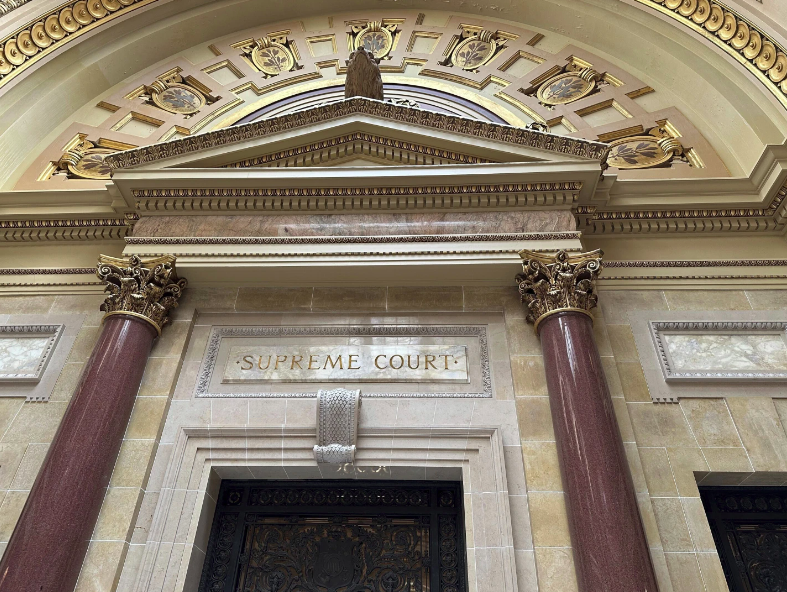By: Dr. Thomas Farr
Why, you might ask, another blog on religious freedom?
Well, actually, so far as we know there are no other blogs devoted exclusively to the meaning and value of religious freedom.
That deficiency is, to put it mildly, quite odd in light of the global crisis that attends this fundamental and universal right. According to the non-partisan Pew Research Center, three of every four human beings on the planet live in countries where religious freedom is severely restricted. To be precise, that’s 76 percent of the world’s population, or 5.3 billion people, according to Pew’s January 2014 report . Millions are subject to violent persecution because of their religious beliefs and practices, or those of their tormentors.
And the problem is getting worse, not better.
Nor is the travail of religious liberty simply a phenomenon of countries and cultures outside the West. Some of the nations where severe restrictions exist are in Western Europe. And the Pew studies show that problems are growing in the United States.
Indeed, inside the United States we are in the midst of a major debate: is religious freedom “the first freedom” as, according to some scholars , the American founders asserted it was? Or should our constitutional principles not include a special status for religious freedom? Is it simply a claim of privilege by religious people warranting no more protection in law than other rights claims?
Here we will put our cards on the table. We define religious freedom as the right to believe or not, and, if one believes, to act individually or with others in public life on the basis of belief. While the right to religious freedom—the free exercise of religion, as our founders put it—is not unlimited, it is in fact fundamental to human and social flourishing, a cornerstone for other basic rights. Without it, no human being can be said to be living a fully human life. Without it, no society can remain stable, let alone flourish.
Whether you agree with us or not, perhaps you’ll grant that this is a subject begging for a blog. It is timely, controversial, and important. We aim to fill the need.
So join us. Read Cornerstone and here’s what you’ll get:
-
Timeliness. Religious freedom is an emerging global issue because everyone needs it but most people don’t have it. The result is humanitarian catastrophe in places like China and Syria, as well as increased instability in places like India and Egypt. In the West the decline of religious liberty is likely to alter the nature of democracy itself.
-
Principled Disagreement. As noted, we believe religious freedom is vital to individuals and societies everywhere. But not everyone agrees with us; if they did, we wouldn’t need this blog. The great American Jesuit John Courtney Murray said that what we label “disagreement” is often merely confusion. True disagreement is an achievement. Murray also said that true religious freedom amounts to “creeds intelligibly in conflict.” In Cornerstone, we’ll have principled, intelligible disagreement.
-
Clarity. Our authors will be chosen for their capacity to write with a minimum of blarney. When you’ve read one of our posts you won’t be left wondering what the author’s point of view was.
Finally, please let us hear from you. You can comment on the blog in the space below, or by sending us an email at cornerstone@religiousfreedominstitute.org.
Thomas F. Farr is director of the Religious Freedom Project at the Berkley Center for Religion, Peace, and World Affairs and Associate Professor of the Practice of Religion and World Affairs at Georgetown’s Edmund A. Walsh School of Foreign Service.
This piece was originally authored on March 22, 2014 for the Religious Freedom Project at Georgetown’s Berkley Center for Religion, Peace, and World Affairs.
THE RFI BLOG

How Soccer Reveals Different Meanings Of ‘Secular’ In France And The US

RFI’s Ismail Royer Meets with Delegation from India

Protecting the Unborn, Mothers, and Medical Ethics: The Stakes of Arkansas’ Amendment

Wisconsin Supreme Court Punishes Catholic Charities for Serving Everyone

Wisconsin Supreme Court Decision Truncates Religion
CORNERSTONE FORUM

Public Bioethics & the Failure of Expressive Individualism

Religious Liberty in American Higher Education

Scotland’s Kate Forbes and the March of Secularism

70 Years of Religious Freedom in Sweden: Prospects and Challenges

